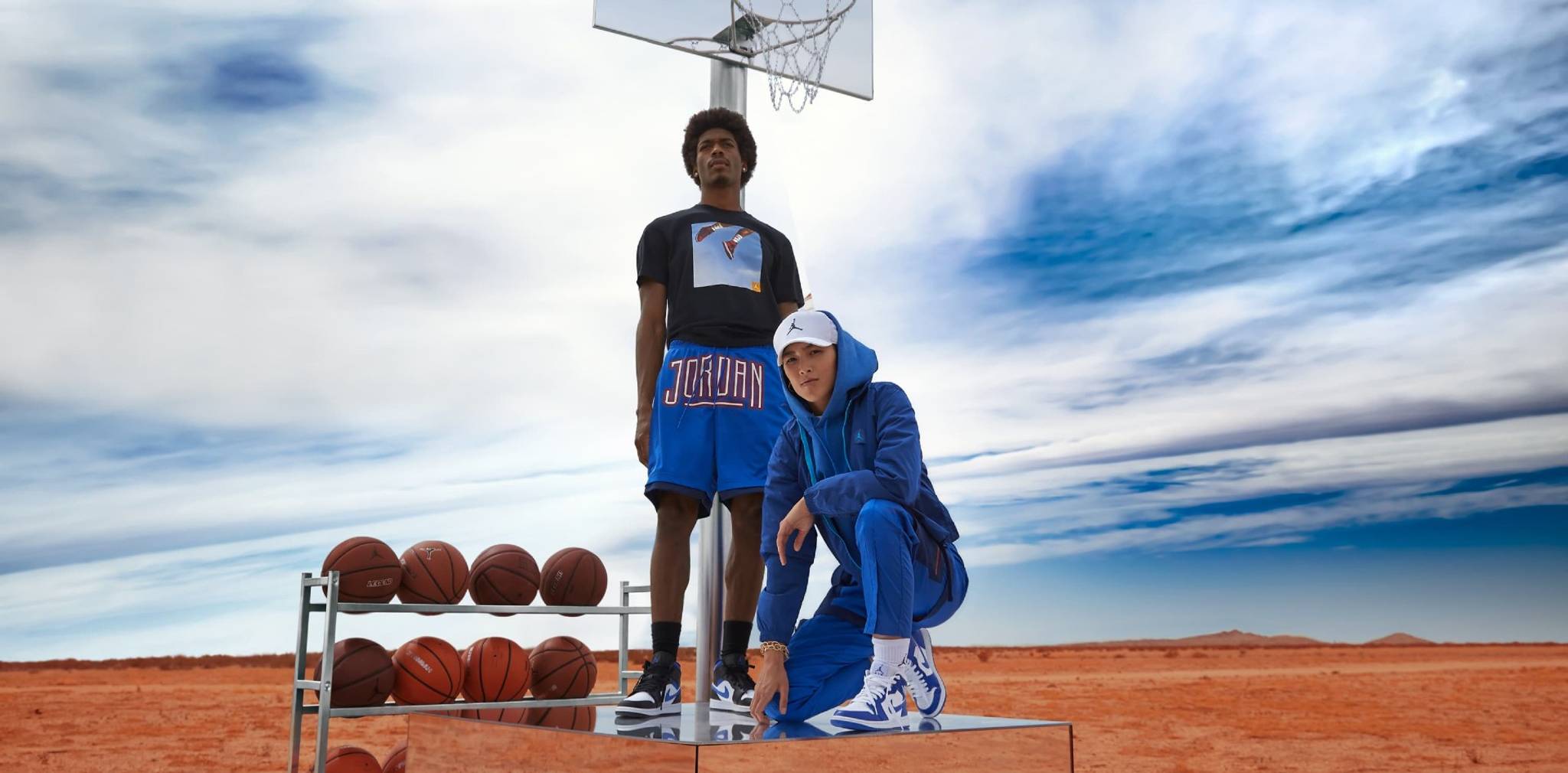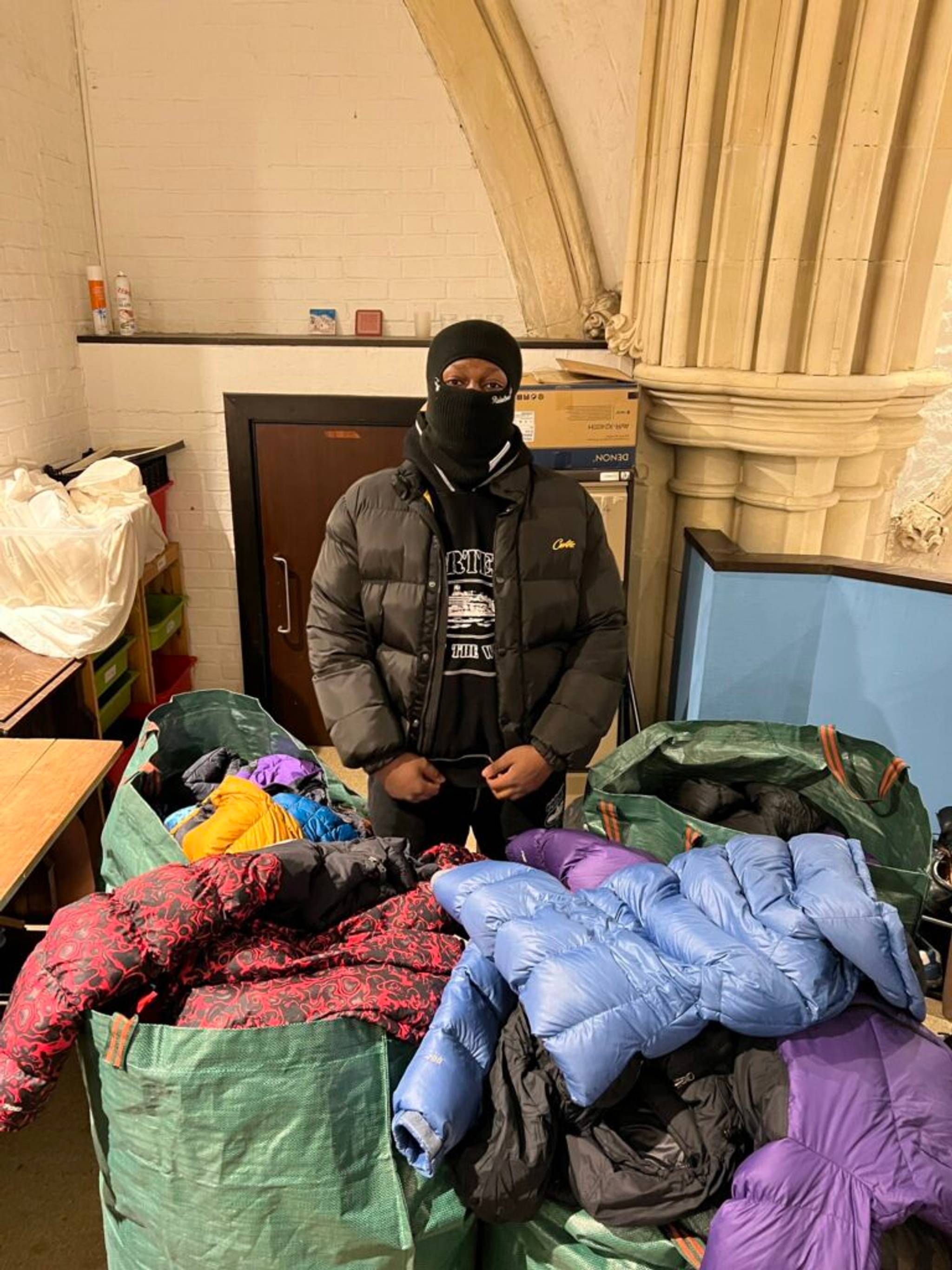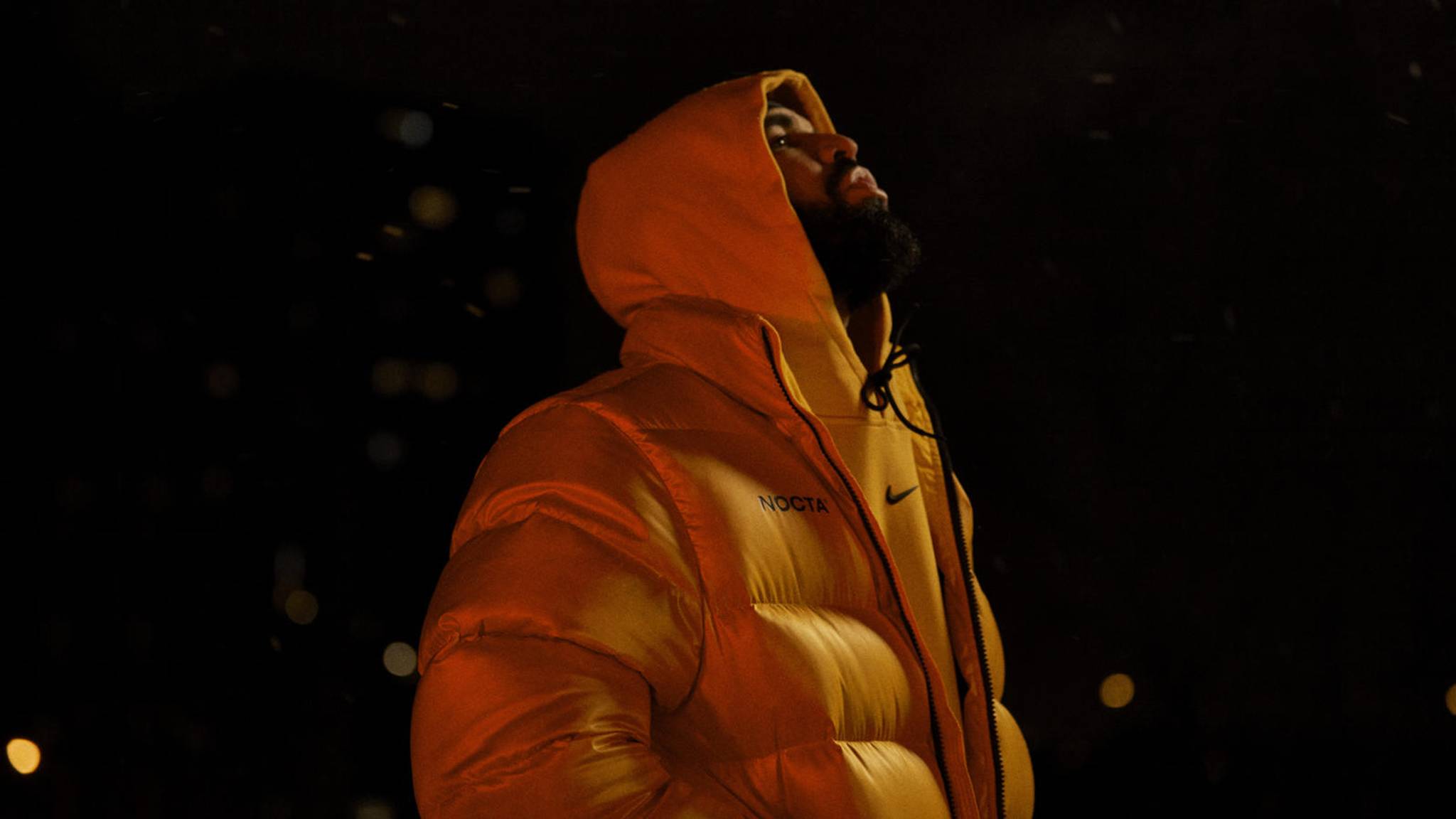
Music and culture have always had a significant influence on the fashion industry, with the visual narratives of genres such as hip hop, jazz, punk and the blues forming the inspirational basis for many trends. But is music, and culture at large, still a popular connector in fashion?
A global survey of Gen Yers and Zers found that 34% are finding new musicians through social media, and 64% say that technology has fuelled their creativity - allowing them to experiment with the types of music they like and the artists they listen to. In addition to this, 42% of 13-39-year-olds say that the pandemic has changed the type of music they listen to, with 79% saying that their music taste doesn't fall into one particular category or genre. How are these changing attitudes and tastes impacting the fashion industry?
We spoke to Dino Bonacic, freelance journalist, editor, and lecturer with a focus on fashion, arts, and culture, about music and subcultures in the fashion industry, the origins of streetwear fashion and where self-expressive fashion is headed next:
How do you think musicians, and their style, influence fashion?
I guess music is inherently connected to subcultures which means it's also inherently connected to fashion as a concept. But in today's system, a lot of clothes worn by musicians are pulled from designers which cuts out an element of creativity and DIY culture from the process.
Streetwear was a fashion movement built on community and authenticity, and was a way for people overlooked by mainstream fashion to find a home. Is this still the case?
I think the definition of streetwear has changed over the years. Today, streetwear seems to be defined more by a specific visual aesthetic of casual clothes and trainers rather than a cultural reference point it came from. If two different people wore the same pair of Tommy Hilfiger jeans in 1998, they weren't both considered streetwear. It seems like streetwear used to be a label used to describe creativity that came from Black culture when people didn't want to just call it what it was – fashion.
Where do you think streetwear fashion, in particular, is headed next, and can it still be relevant for modern consumers?
Today, streetwear means different things to different people and that's fine – instead of homogenising it into something that looks specific, I think the key would be to consider streetwear as a form of self-expression that creates a sense of community. With time, streetwear will essentially become a synonym for words like 'clothing' or 'fashion'.
Brand in action:
Salomon Footwear has become a highly coveted luxury fashion item for sneakerheads and tastemakers, with its casual style and hyper-functional brand identity giving people the high-performing streetwear fashion they crave.



